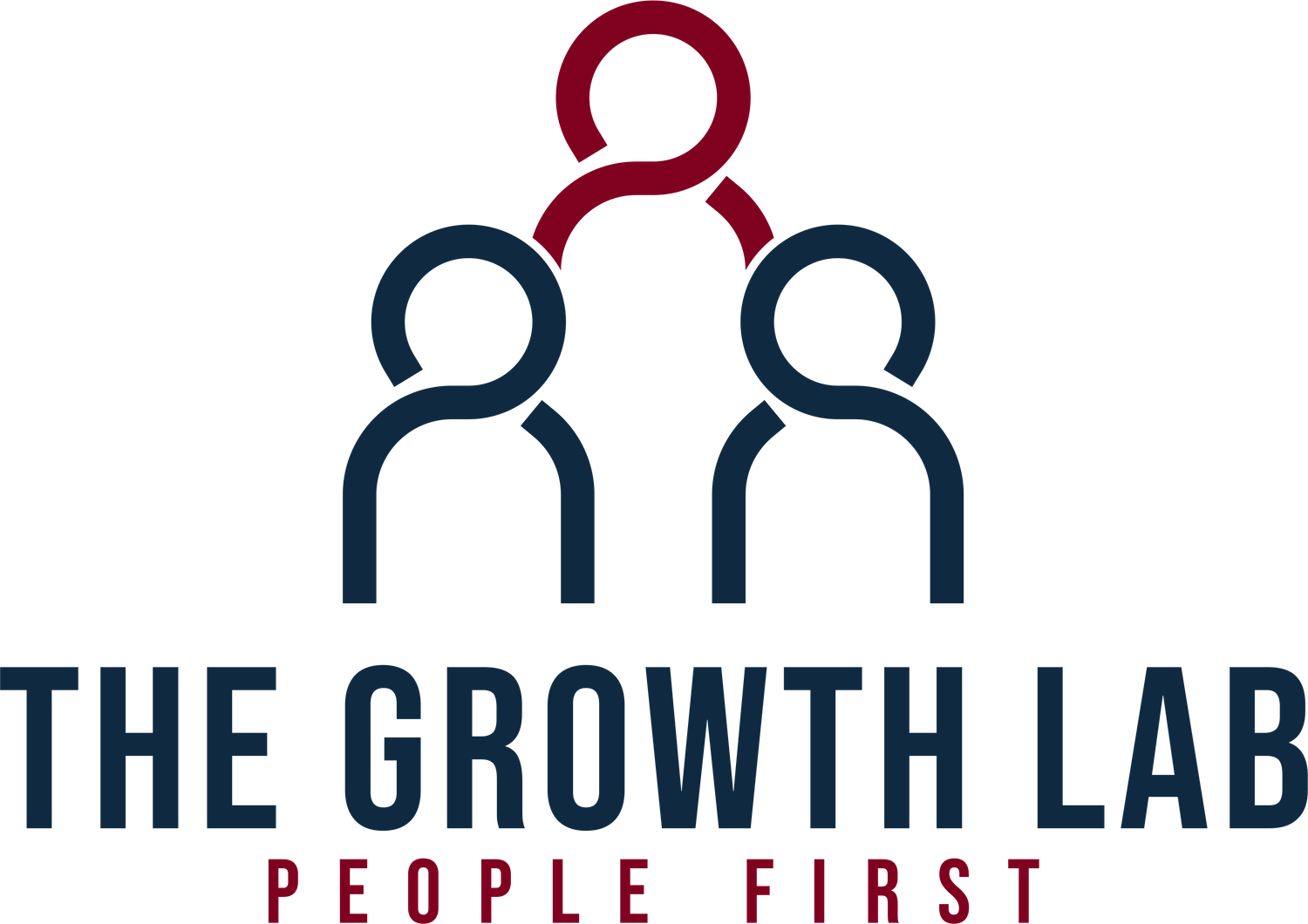Living on the edge of the neuroverse


Anticipating Challenges
How Preparation Strengthens Us in the Face of Adversity
Resilience is often described as the ability to bounce back from adversity, but what if we took it one step further? What if we could anticipate challenges before they even arise and prepare ourselves mentally and emotionally?
This proactive approach is the foundation of today's lesson: Anticipating Challenges.
Life is full of uncertainties, and while we cannot predict every difficulty, we can strengthen our ability to respond to them. By expecting obstacles—whether they come from difficult behaviors, unexpected circumstances, or internal struggles—we create an inner shield that allows us to remain calm and composed. Here's how anticipation can transform obstacles into opportunities for growth.
Why Anticipating Challenges Matters
Anticipating challenges is the key to resilience because it prepares us for emotional and mental hurdles. Imagine you're about to give an important presentation. Though confident in your research and delivery, you know the audience may pose tough questions. Instead of fearing these moments, you take time to brainstorm potential inquiries and practice your responses. This preparation not only sharpens your knowledge but also builds your confidence and poise when the questions arise.
Similarly, in interpersonal contexts, knowing that some individuals may be critical or dismissive can help us manage our reactions. Instead of letting frustration or anger dictate our behavior, anticipation allows us to approach difficult encounters with patience and understanding.
Resilience begins when we shift our mindset from "Why is this happening to me?" to "How can I handle this effectively?" Anticipating challenges equips us to make that shift seamlessly.
Strategies for Anticipating Challenges
Preparation doesn’t mean living in constant fear of what could go wrong. Instead, it’s about empowering ourselves to handle life's complexities with grace. Here are some practical strategies to help you anticipate challenges effectively:
Visualise Potential Scenarios
Spend a few moments imagining situations that might arise in your day or in upcoming tasks. This could involve picturing interactions with colleagues, managing deadlines, or dealing with unforeseen interruptions. By mentally walking through these scenarios, you'll be better prepared to face them with clarity.
Build Emotional Resilience
Anticipation isn't just about logistics—it’s also about emotional readiness. Practice mindfulness and self-awareness to identify triggers that might unsettle you. Whether it’s a harsh critique or a stressful workload, recognising these triggers reduces their impact.
Turn Challenges into Learning Opportunities
When you anticipate challenges, you create space to see them as opportunities for growth. Ask yourself: "What can I learn from this situation?" Viewing setbacks as stepping stones to personal development makes them less daunting and more manageable.
An Example in Practice
Let’s take a real-world example.
You’re preparing to pitch a new idea to your team. You anticipate excitement from some members and skepticism from others. Instead of focusing solely on the positive reactions you hope to receive, you also prepare for tough questions. Perhaps a colleague will ask why your idea is better than existing solutions. By practicing your response beforehand, you can face such inquiries confidently, turning potential doubts into opportunities to deepen your argument.
Anticipating challenges doesn’t mean expecting failure—it means expecting complexity. This mindset allows us to adapt and thrive in any environment.
Reflecting on Anticipation
Resilience isn’t just about surviving; it’s about thriving under pressure. To integrate this concept into your daily life, consider the following journal prompt:
Reflect on a recent challenge you faced. How did anticipating the challenge help you navigate it? What could you do differently next time to better prepare?
Through reflection, you'll gain valuable insights into your ability to anticipate and overcome challenges. Each experience becomes a stepping stone toward building an unshakeable foundation of resilience.
Conclusion
Anticipating challenges is not about predicting the future; it’s about preparing for it. By expecting obstacles and equipping ourselves to handle them, we become stronger, more capable, and more resilient individuals. Whether it’s a tough question during a presentation or a difficult conversation with a colleague, preparation empowers us to turn adversity into opportunity. Remember, resilience starts with anticipation—so don’t wait for the storm to pass; prepare yourself to dance in the rain.
Take this lesson to heart and begin your journey toward greater resilience. The challenges you anticipate today can become the victories you celebrate tomorrow.


